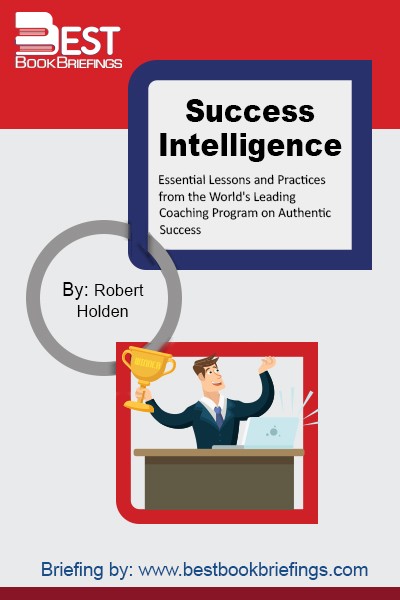Success Intelligence
Essential Lessons and Practices from the World's Leading Coaching Program on Authentic Success
Editorial Review
There are so many apparently intelligent people chasing success in the most foolhardy manner. They are manic, hyper and busy to the point of distraction. They might have gotten A’s for effort, but not for intelligence. We live in a “Success Culture”. Many people pursue success as a primary goal in life and are often obsessed with it. They judge their entire lives on whether or not they’re a success. They secretly attack themselves for not being successful enough. But how much success is enough?
Books on Related Topics
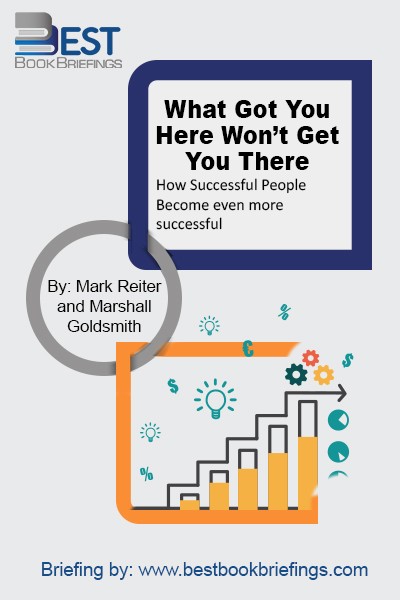
The corporate world is filled with men and women who have worked hard to reach upper level management. They're intelligent, skilled, and even charismatic. But only a handful of them will ever reach the pinnacle -- and as executive coach Marshall Goldsmith shows in this book, subtle nuances make all the
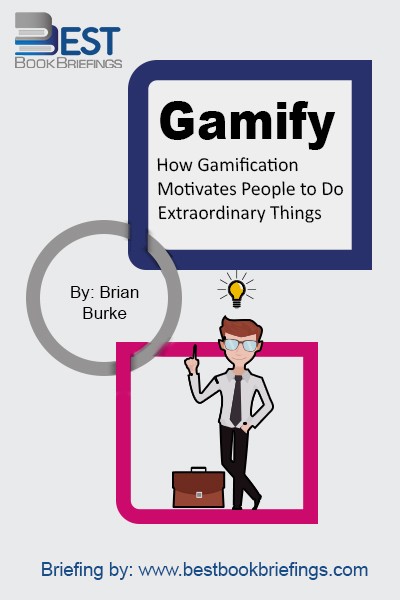
Gamify shows gamification in action: as a powerful approach to engaging and motivating people to achieving their goals, while at the same time achieving organizational objectives. It can be used to motivate people to change behaviors, develop skills, and drive innovation. The sweet spot for gamification objectives is the space where the
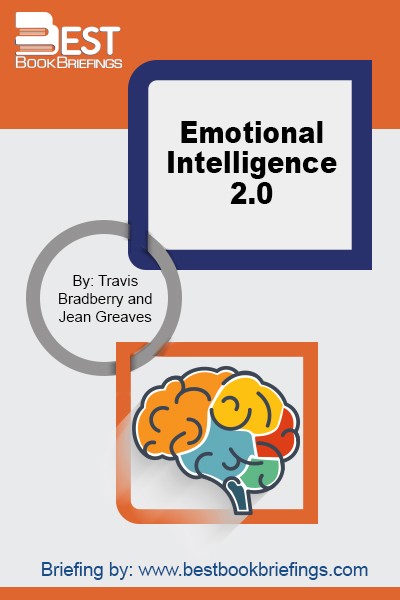
How much of an impact does Emotional intelligence (EQ) on your professional success? The short answer is: a lot! EQ has been tested alongside 33 other important workplace behaviors and was found to subsume the majority of them, including time management, decision- making and communication. EQ is so critical to success
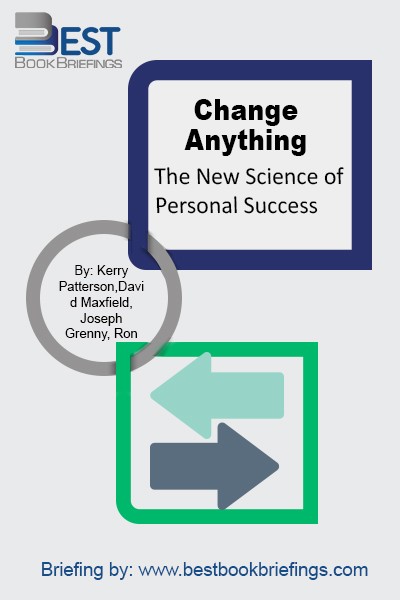
A stunning new approach to how individuals can not only change their lives for the better in the workplace, but also their lives away from the office, including (but not limited to) finding ways to improve one's working relationship with others, one's overall health, outlook on life, and so on.
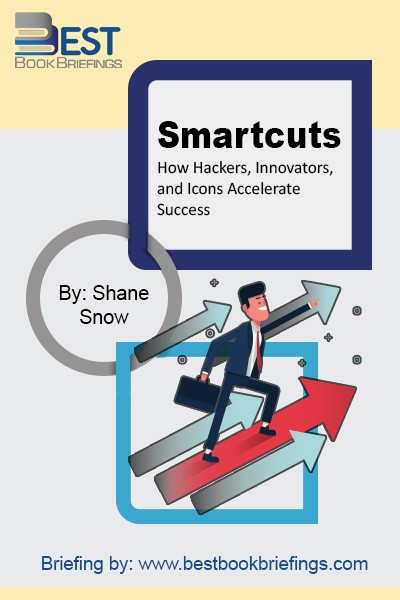
Entrepreneur and journalist Shane Snow (Wired, Fast Company,The New Yorker, and cofounder of Contently) analyzes the lives of people and companies that do incredible things in implausibly short time. How do some startups go from zero to billions in mere months? How did Alexander the Great, YouTube tycoon Michelle Phan, and

It used to be said that¾It is not whether you win or lose, it’s how you play the game. That old saying might be fine to coach a soccer team. But in today’s dynamic working environment it’s all about winning. With that said, companies and individuals must focus on the mechanisms

Not long ago, coaching meant training athletes, performers, and students. Recently, the use of the term has been extended into the worlds of management, leadership, entrepreneurship, and performance in other domains of life. The discipline of coaching puts the center of its attention on the question of how a person can
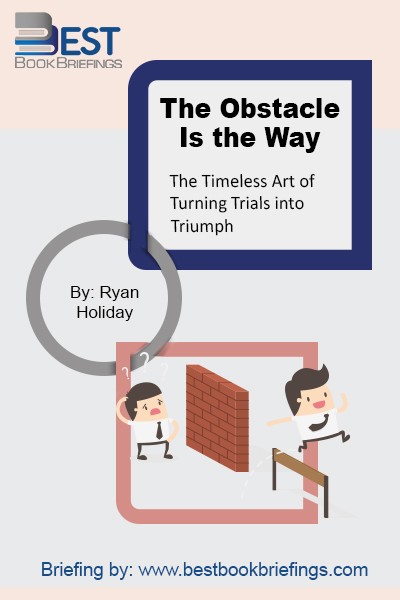
In the year 170, at night in his tent on the front lines of the war in Germania, Marcus Aurelius, the emperor of the Roman Empire, sat down to write to himself, for himself. He wrote only one paragraph, but it is more than enough for us: Our actions may be
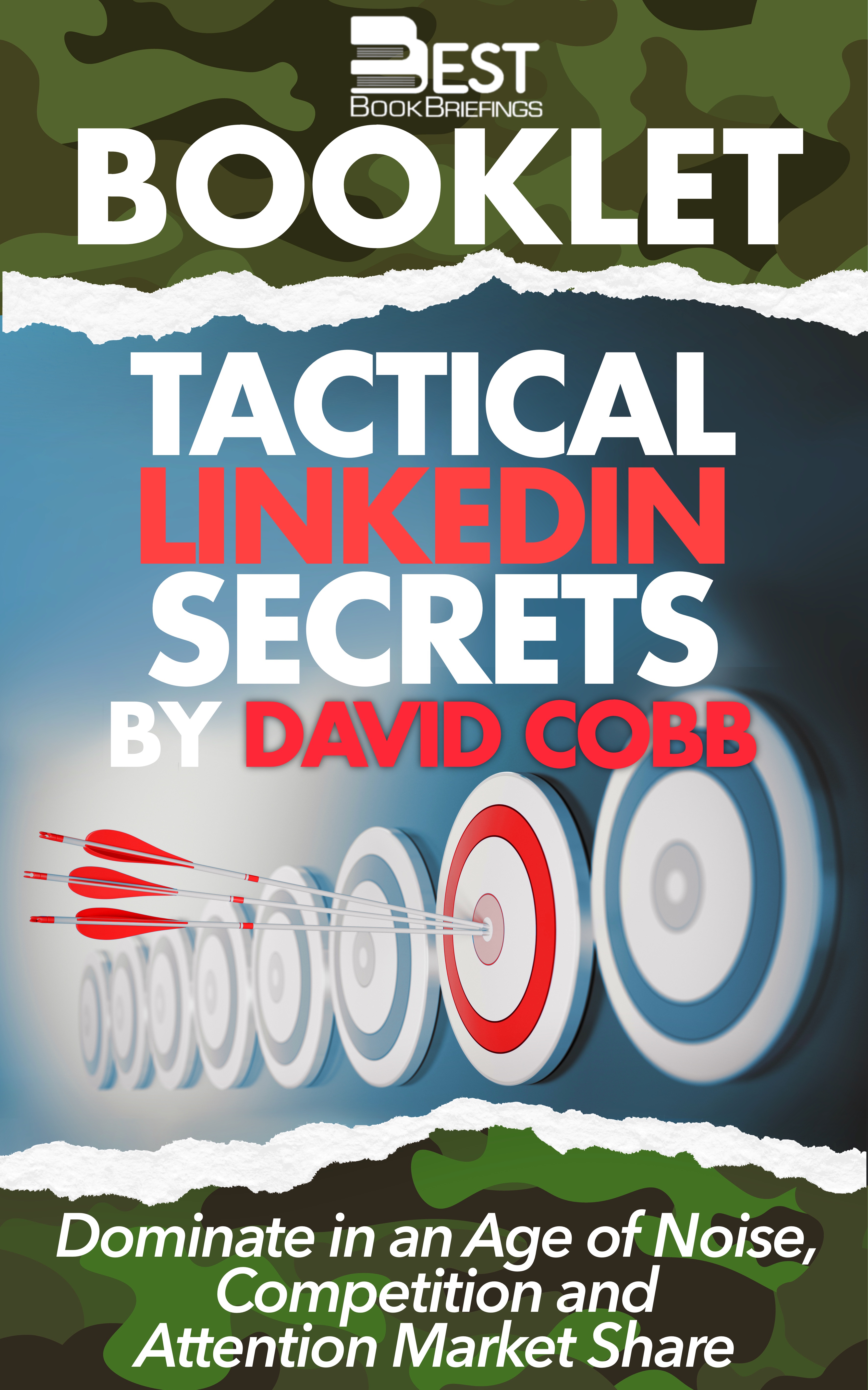
Tactical LinkedIn Secrets will teach you to stand out and gain competitive dominance in your marketing place. The advice and knowledge provided will prepare you with what I coin as, “arrows for your digital quiver.” Your quiver is an assemblage of tools for you to apply and optimize.
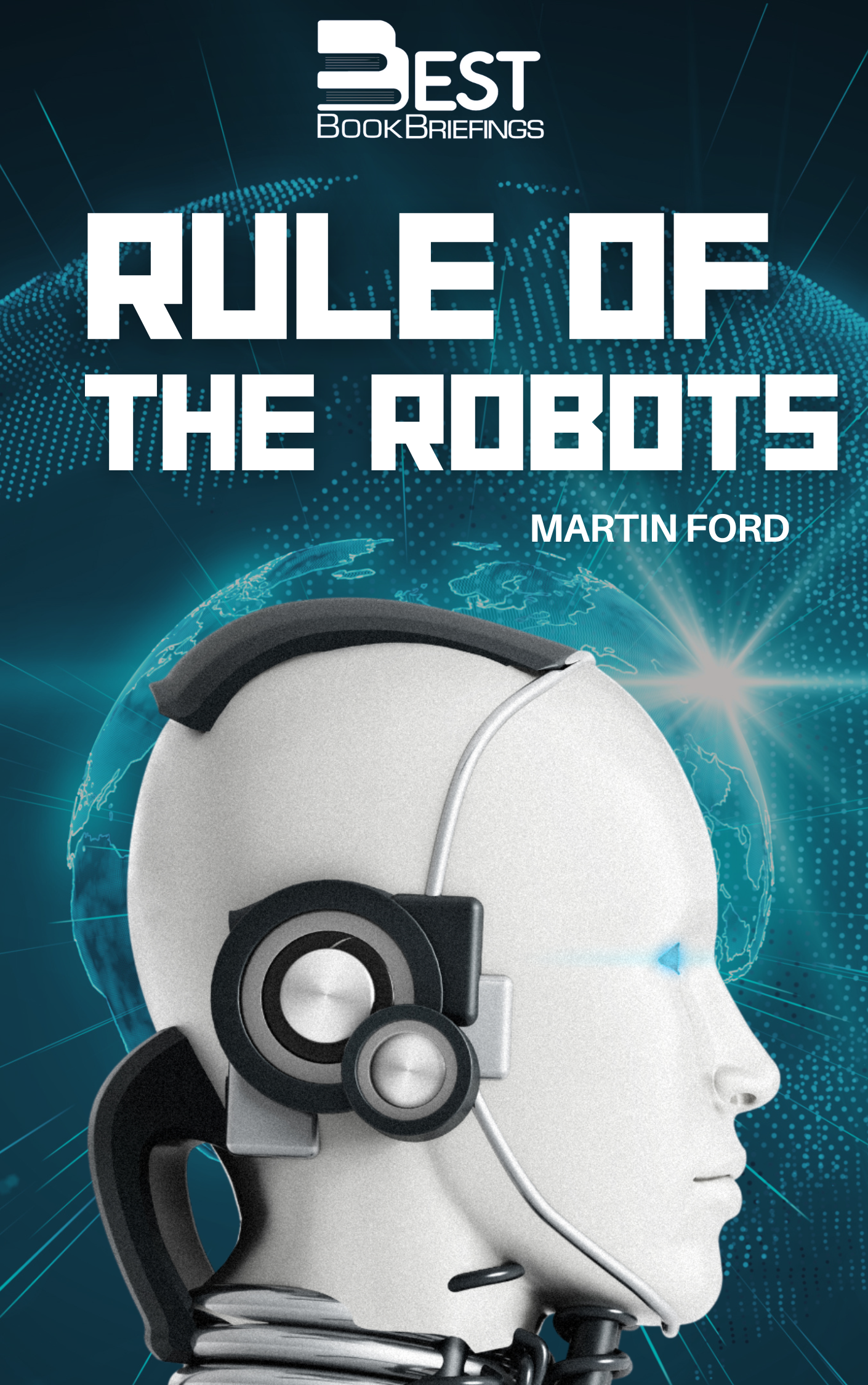
Over the course of the past ten years, the field of artificial intelligence has seen a revolutionary amount of progress. A steadily increasing number of practical applications are already changing the world today. In the field of medicine, diagnostic AI applications are capable of matching or even surpassing the best doctors in the world. One
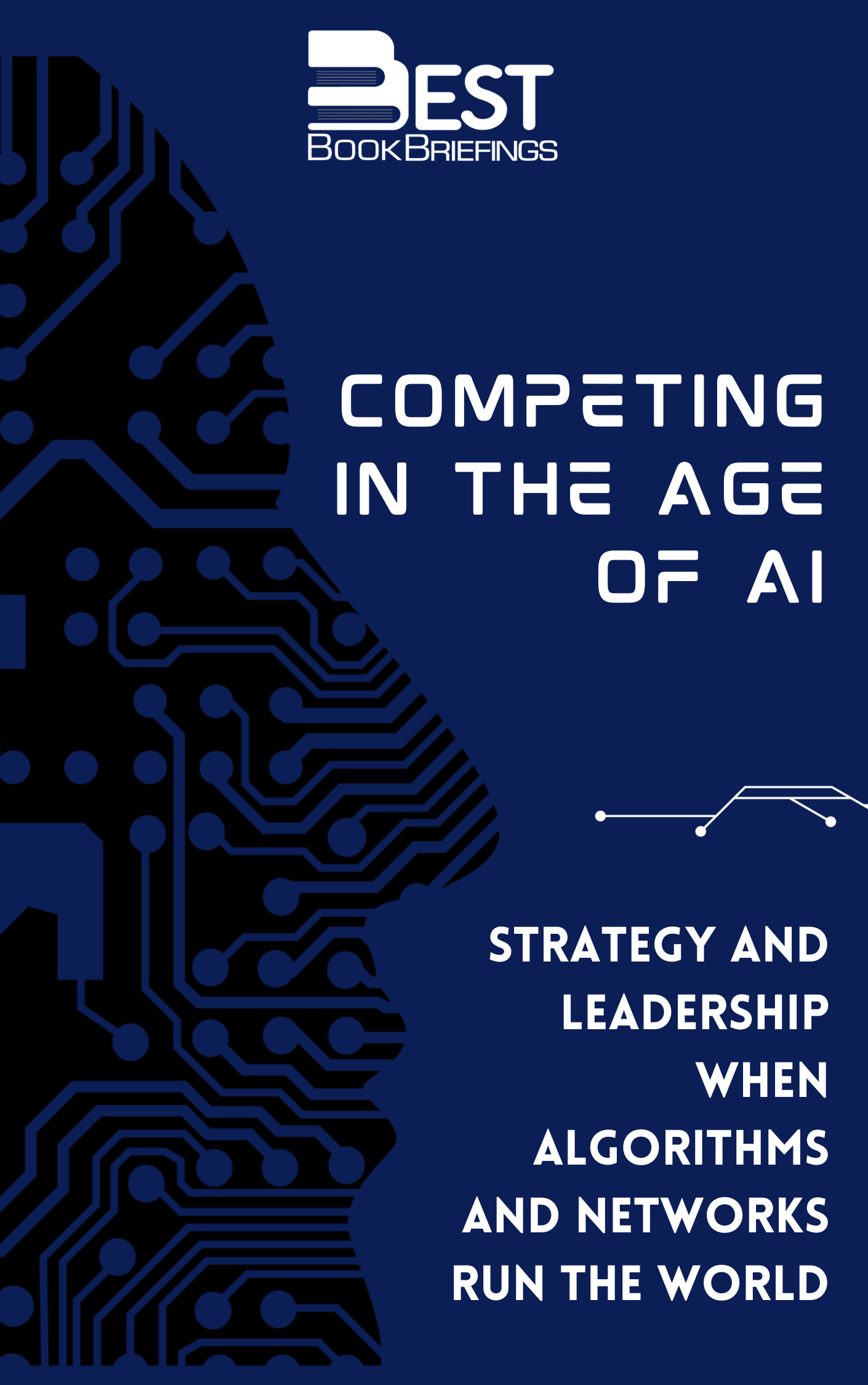
AI (Artificial Intelligence) is quickly turning into the new foundation for businesses, defining how companies operate and execute their tasks. The first big implications of AI on our society are not in simulating humanity, but rather in transforming our organizations and the way they shape our world. To bring about these
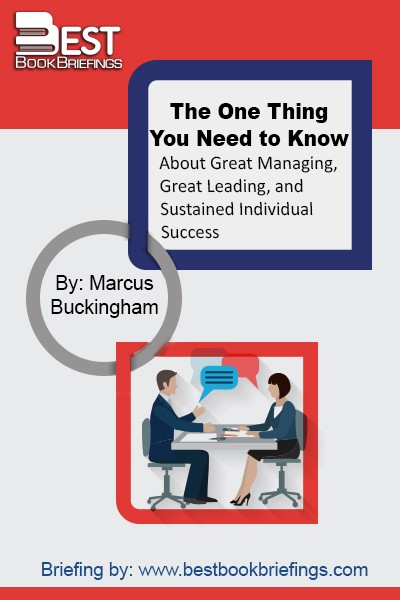
In The One Thing You Need to Know, Buckingham gives the readers an invaluable course in outstanding achievement—a guide to capturing the essence of the three areas fundamental to professional activity. Great management, great leading, and career success—he draws on a wealth of examples to reveal the single controlling insight that
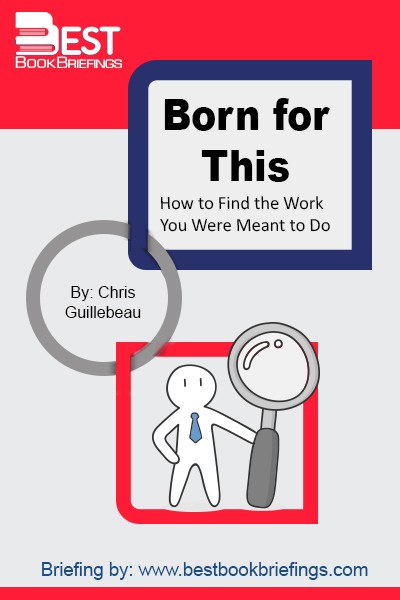
Finding the work you were “born to do” isn’t just about discovering your passion. Those who jump out of bed excited to go to work every morning don’t just have jobs that turn their passions into paychecks. They have jobs where they also can lose themselves for hours in the flow
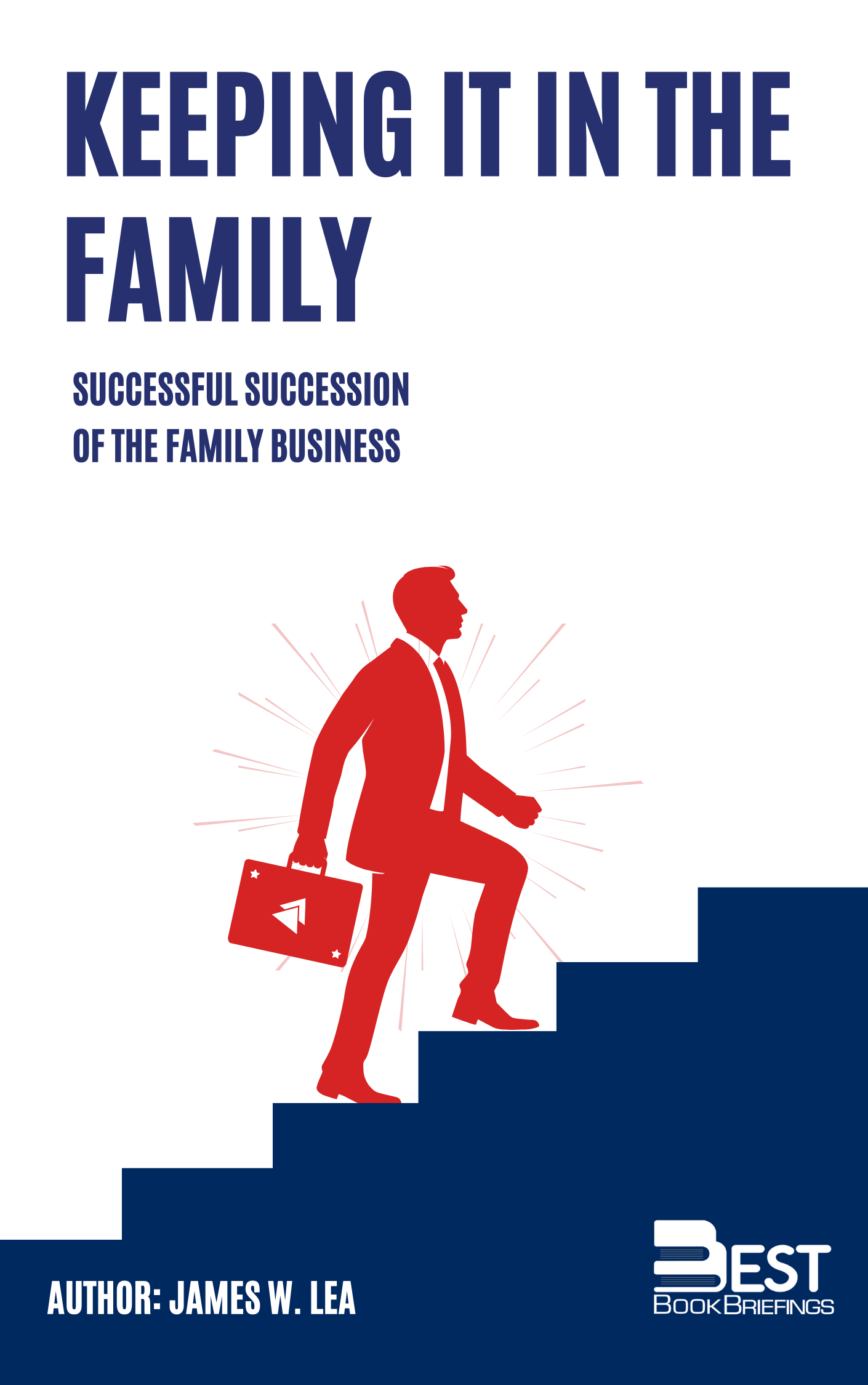
Keeping It in the Family is about how you, as the owner of a business, can plan and carry out the transfer of your company to your children or other family members. It's also about how a prospective successor to a family business can prepare for future ownership and management. It
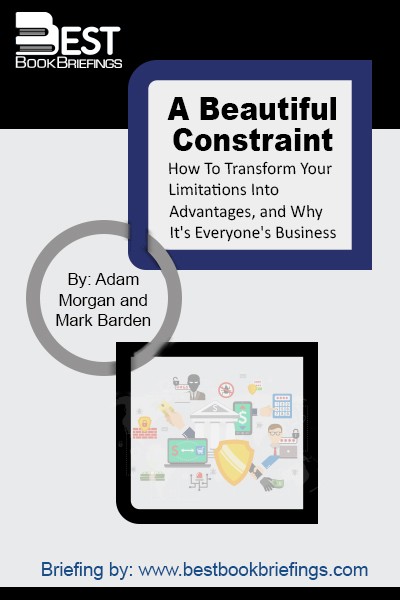
A Beautiful Constraint: How to Transform Your Limitations Into Advantages And Why It's Everyone's Business Now is a book about everyday, practical inventiveness, designed for the constrained times in which we live. It describes how to take the kinds of issues that all of us face today—lack of time, money, resources,
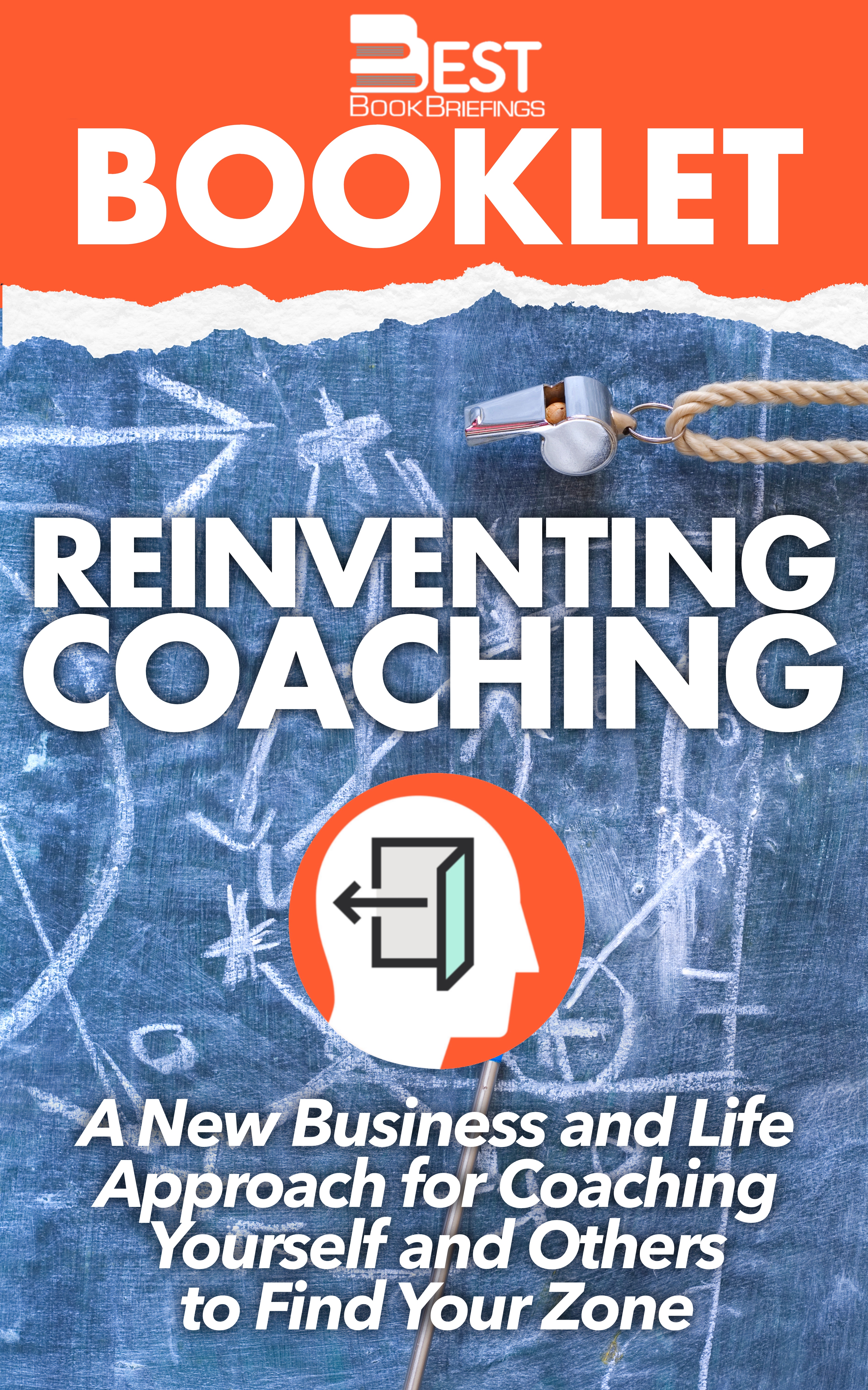
Reinventing Coaching presents Coring, a new model that takes traditional coaching to a new level. A new approach aimed to help you find and be in your zone. Coring proves you are valuable; but unless you’re in the right place, your worth will remain hidden and unacknowledged. It’s not a book meant to be

